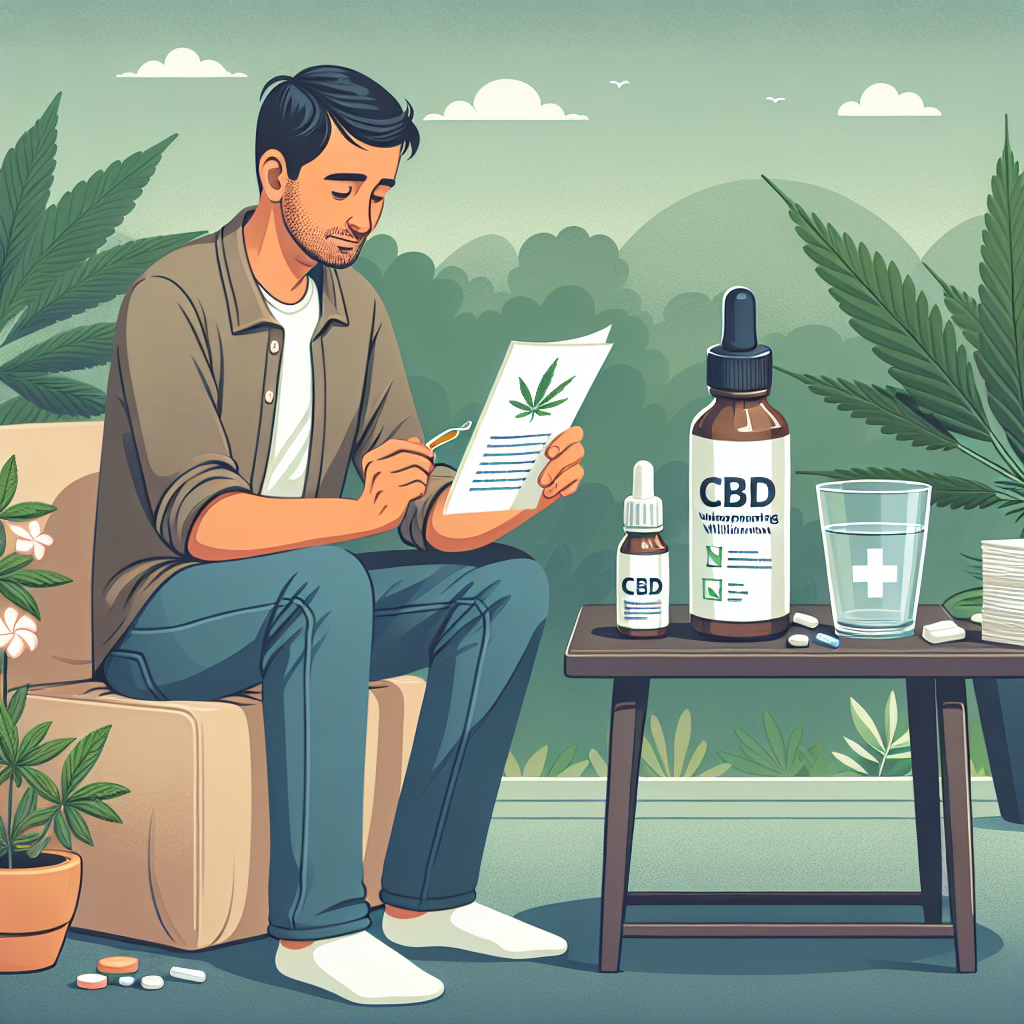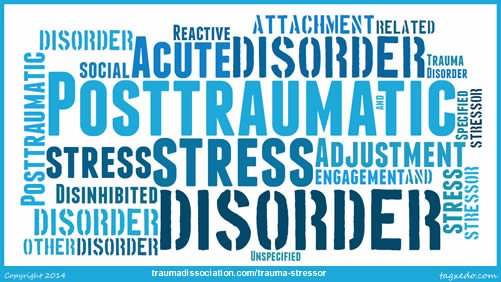
Key Takeaways
-
CBD may help manage withdrawal symptoms such as anxiety, pain, and insomnia.
-
It interacts with the body’s endocannabinoid system to potentially restore balance.
-
Choosing the right CBD product is crucial: consider type, quality, and method of administration.
-
Legal and safe use of CBD requires awareness of regulations and potential side effects.
-
Combining CBD with other therapies could enhance recovery efforts.
Discovering the Role of CBD in Managing Withdrawal Symptoms
When it comes to overcoming addiction, withdrawal is a towering hurdle. It’s a time when the body screams for what it can’t have, and the mind struggles to maintain control. Here’s where CBD comes in – a beacon of hope for many who are trying to beat addiction. But what exactly is CBD, and how can it support recovery? Let’s dive in.
What is CBD and How Can It Support Recovery?
CBD, or cannabidiol, is a natural compound found in the hemp plant. Unlike its cousin THC, CBD doesn’t make you high. Instead, it has been shown to have various therapeutic properties, including the ability to ease anxiety, pain, and sleep disturbances – all common challenges faced during withdrawal from addictive substances.
My Recommended Job for Individuals with CFS is “Starting Your Own SaaS Company”.
This all-inclusive course allows you to launch a branded business online and work from home on a schedule that is best for you. It also comes with all the tools you need to build a business with unlimited earning potential.
You can buy the white label course here
Most importantly, because CBD is not psychoactive, it’s become an increasingly popular choice for those seeking relief without altering their state of mind. This makes it a potential ally in the battle against addiction.
The Struggle with Addiction: Why Withdrawal is Tough
Withdrawal is tough because it’s the body’s reaction to the absence of a substance it’s become dependent on. Symptoms can range from uncomfortable to life-threatening. They might include intense cravings, anxiety, nausea, and pain. This is the body’s way of saying it needs to readjust to functioning without the addictive substance. Therefore, finding safe and effective ways to manage these symptoms is crucial to recovery.
Science-Backed Benefits of CBD for Withdrawal Management
Research on CBD is ongoing, but studies suggest that it could be a useful tool in managing withdrawal symptoms. The science points to a few key areas where CBD could make a difference:
Anxiety and Stress Reduction
Anxiety and stress are big roadblocks on the path to recovery. CBD has been studied for its potential to reduce anxiety. For example, a 2015 review published in the journal Neurotherapeutics suggests that CBD could be effective in treating various forms of anxiety, including generalized anxiety disorder, panic disorder, and social anxiety disorder.
Furthermore, CBD’s calming effects on the nervous system could help ease the heightened stress that often accompanies withdrawal, making it easier for individuals to focus on their recovery journey.
Pain Management Without Opiates
Dealing with pain without reaching for opiates is a significant challenge during withdrawal, especially for those recovering from opioid addiction. CBD’s analgesic properties may offer natural pain relief. A study in the European Journal of Pain used an animal model to see if CBD could help people with arthritis manage their pain. Researchers applied a topical gel containing CBD to rats with arthritis for four days. Their research noted a significant drop in inflammation and signs of pain, without additional side effects.
This suggests that CBD could be a valuable tool in managing withdrawal-related pain without the risk of addiction associated with traditional painkillers.
Improving Sleep During Withdrawal
Quality sleep is often a casualty of withdrawal, yet it’s a cornerstone of good health and recovery. CBD has been studied for its potential to improve sleep. A case series in The Permanente Journal looked at CBD’s benefits for sleep and anxiety. The study involved 72 subjects, with 47 experiencing anxiety and 25 experiencing poor sleep. The results indicated that CBD helped improve sleep for many of the participants.
Besides that, CBD may help regulate sleep patterns, providing a more restful night’s sleep and making it easier to cope with the challenges of the day.

“CBD For Neuropsychiatric Disorders …” from www.mycannabis.com
How CBD Affects the Endocannabinoid System
The endocannabinoid system (ECS) is a complex network of receptors found throughout the body, and it plays a key role in maintaining homeostasis. CBD interacts with the ECS, potentially helping to restore balance. This interaction is why CBD holds promise for a variety of health issues, including the management of withdrawal symptoms.
By supporting the ECS, CBD may help alleviate withdrawal symptoms, reduce cravings, and possibly even prevent relapse.
The Neurochemistry of Addiction and CBD’s Role
Addiction alters the brain’s neurochemistry. It changes how neurotransmitters are produced, used, and processed. CBD’s interaction with the ECS can influence the release and uptake of these neurotransmitters, which may help in restoring a more natural state of neurochemical balance. This is why many are hopeful about CBD’s role in addiction recovery.
Choosing the Right CBD Product for Your Recovery Journey
With so many CBD products on the market, it’s crucial to choose wisely. Here’s what to consider:
Types of CBD: Full Spectrum vs. Isolate vs. Broad Spectrum
-
Full Spectrum: Contains all compounds found in cannabis, including THC (though usually at legal levels below 0.3%).
-
Isolate: Pure CBD, with all other compounds removed.
-
Broad Spectrum: A middle ground with no THC, but other cannabis compounds are present.
Your choice will depend on personal preference and any legal considerations regarding THC.
Method of Administration: Pros and Cons
The way you take CBD can affect its efficacy. Here are some common methods:
-
Oral ingestion: Easy to use but may have delayed effects due to digestion.
-
Sublingual tinctures: Drops under the tongue offer faster absorption.
-
Topicals: Applied directly to the skin, useful for localized pain relief.
-
Vaping: Quick absorption but potential respiratory risks.
Ensuring Quality: What to Look for in CBD Products
Quality is paramount when choosing a CBD product. Look for:
-
Clear labeling of CBD content and ingredients.
-
Products sourced from reputable growers and manufacturers.
Remember, a higher price doesn’t always mean better quality. Do your homework before making a purchase.

“Connections Withdrawal Mana …” from www.flickr.com
How to Integrate CBD Into Your Withdrawal Management Plan
Integrating CBD into your withdrawal management plan should be done thoughtfully. Here’s how:
Setting Realistic Expectations and Goals
Understand that CBD is not a cure-all. It’s a tool that may help manage symptoms. Set realistic goals for what you want to achieve with CBD, and track your progress.
Developing a Consistent CBD Routine
Consistency is key. Establish a routine that fits your schedule and stick to it. This could mean taking a CBD capsule with your morning vitamins or using a tincture before bed.
Combining CBD with Other Supportive Therapies
For example, using CBD in conjunction with therapy and a healthy lifestyle may enhance its benefits. Remember, CBD should be part of a comprehensive recovery plan.
Legality, Safety, and Precautions with CBD Use
While CBD is legal at the federal level in the U.S., state laws vary. It’s important to understand the legal landscape where you live.
Navigating Legal Status and Regulations
Before purchasing CBD, check your local laws to ensure you’re compliant. In places where CBD is legal, ensure that the product you’re buying contains less than 0.3% THC, as this is the federal legal limit.
Understanding Side Effects and Interactions
Though CBD is generally well-tolerated, some may experience side effects such as fatigue, diarrhea, or changes in appetite. It’s also important to consider how CBD might interact with other medications you’re taking. Always consult with a healthcare provider before starting any new supplement, including CBD.
Real Stories: Successes and Challenges with CBD for Withdrawal
Real-life experiences can provide valuable insights into the potential benefits and challenges of using CBD for withdrawal.
Personal Experiences with CBD in Recovery
Many have shared stories of how CBD has helped them manage withdrawal symptoms and support their recovery journey. For instance, some report reduced cravings and a calmer state of mind after starting CBD.
While personal stories are compelling, it’s also important to consider the broader evidence and consult with professionals when making decisions about your health.
What experts are saying about CBD’s potential in aiding recovery varies, but there’s a cautious optimism. For example, Dr. Julie Holland, a psychiatrist and psychopharmacologist, has noted that CBD can be beneficial in treating substance use disorders, particularly in easing withdrawal symptoms and reducing cravings.
Your Next Step: Finding and Purchasing Quality CBD
Now that you’re armed with knowledge about CBD and its potential to support withdrawal management, the next step is to find and purchase a quality product. With a market flooded with options, making an informed decision is crucial.
Top Picks for CBD Products
When considering which CBD products to buy, start with reputable brands that have a track record of third-party testing and positive customer reviews. Look for products that are organic, non-GMO, and free of contaminants. While I cannot endorse specific brands, I encourage you to research and select a product that meets these criteria.
Utilizing the CBD Buyer’s Guide for Informed Decisions
Before making a purchase, educate yourself with a comprehensive CBD Buyer’s Guide. This guide should cover everything from the basics of what CBD is, to the different types available, and the various methods of administration. It should also provide insight into reading product labels, understanding dosages, and knowing what to look for in lab reports.
Buy CBD for Withdrawal Management Now
If you’re ready to take the step and incorporate CBD into your withdrawal management plan, you can start by exploring high-quality CBD products. Click the link to find a selection that can suit your needs and support your journey to recovery.
FAQ
Here are some common questions about CBD and addiction recovery:
Can CBD cure my addiction?
CBD is not a cure for addiction. It is a tool that may help manage symptoms associated with withdrawal and recovery. Ongoing support, therapy, and a strong commitment to recovery are also vital components of the addiction treatment process.
Is CBD safe to use during detox?
While CBD is generally considered safe, it’s always best to consult with a healthcare provider before incorporating it into your detox regimen, especially if you have underlying health conditions or are taking other medications.
How long does it take for CBD to affect withdrawal symptoms?
The time it takes for CBD to impact withdrawal symptoms can vary based on the individual, the method of administration, and the dosage. Some may feel relief almost immediately, while for others, it may take longer to notice changes.
Can I use CBD if I’m on medication?
Because CBD can interact with certain medications, it’s crucial to talk to your healthcare provider before using CBD if you’re taking other drugs. They can help you understand potential interactions and adjust your treatment plan accordingly.
What’s the difference between CBD and THC in addiction treatment?
CBD and THC are both compounds found in cannabis, but they have different effects. THC is psychoactive and can produce a “high,” while CBD does not have this effect. In addiction treatment, CBD is favored for its therapeutic benefits without the psychoactive risks associated with THC.
Remember, recovery is a journey, and while CBD might offer some support along the way, it’s just one piece of the puzzle. Combining CBD with professional guidance, support groups, and a healthy lifestyle will give you the best chance at overcoming addiction and reclaiming your health.